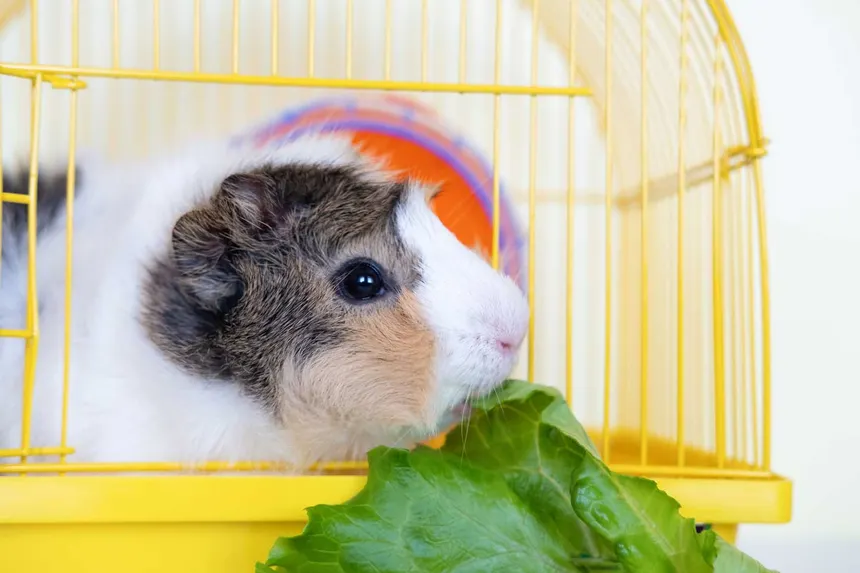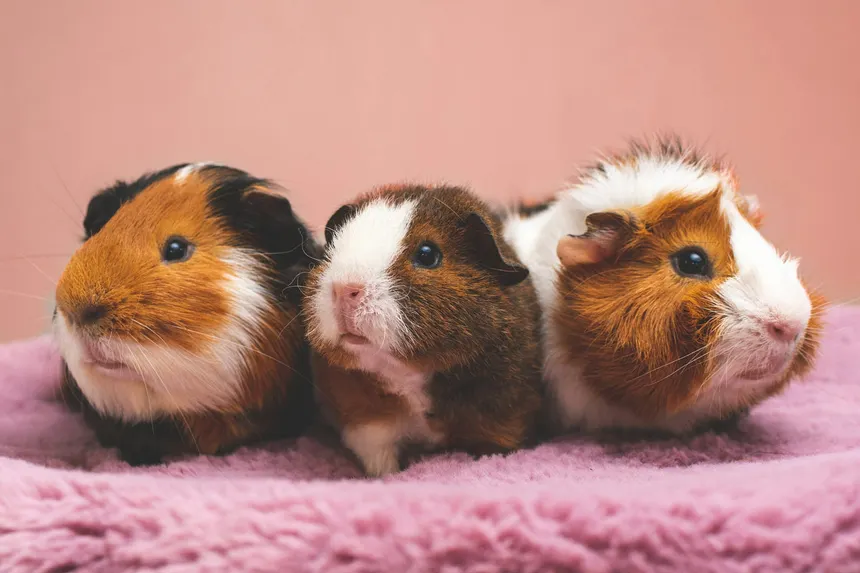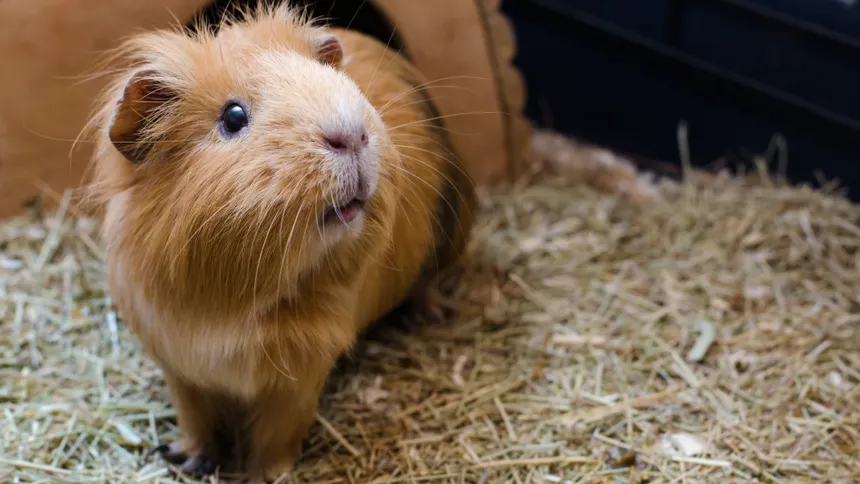Indoor Guinea Pigs: How Long Do They Live and What Affects Their Lifespan?

Guinea pigs, also known as cavies, are among the most beloved small pets worldwide, especially for families and first-time pet owners. These sociable and affectionate rodents can thrive indoors under the right conditions. One of the most common questions prospective and current guinea pig owners ask is: How long do guinea pigs live indoors?
Let’s explore the average indoor guinea pig lifespan, what influences it, and how to ensure your furry companion lives a long, healthy life.
Average Indoor Lifespan
When kept indoors with proper care, guinea pigs typically live between 5 to 8 years, although some have been known to live up to 10 years or more. Indoor environments offer protection from harsh weather, predators, and fluctuating temperatures, which contributes to their longer lifespan compared to guinea pigs kept outdoors or in poor conditions.
Factors That Influence an Indoor Guinea Pig’s Lifespan
1. Diet and Nutrition
A healthy diet is vital. Guinea pigs require:
- High-quality hay (like timothy hay) – the foundation of their diet.
- Fresh vegetables – such as bell peppers, leafy greens, and carrots (in moderation).
- Vitamin C supplements – guinea pigs can’t produce their own vitamin C, making supplementation crucial to prevent scurvy.
- Fresh water daily – clean and accessible at all times.
Poor diet is a leading cause of illness and shortened lifespans in guinea pigs.
2. Living Environment
An indoor guinea pig’s cage should:
- Be spacious, well-ventilated, and escape-proof.
- Have soft bedding (avoid cedar or pine shavings due to harmful oils).
- Be cleaned regularly to prevent respiratory and urinary issues.
- Be placed in a quiet, temperature-stable area away from drafts, heat sources, and loud noise.
3. Companionship and Social Needs
Guinea pigs are highly social animals. Housing them with at least one other guinea pig (preferably of the same sex or neutered pair) can significantly boost their mental health and longevity. Loneliness can lead to depression and a shorter life.

4. Regular Health Checks
Indoor guinea pigs benefit from:
- Routine vet check-ups (preferably with an exotic pet veterinarian).
- Regular monitoring of teeth, nails, and weight.
- Prompt treatment of any symptoms like lethargy, diarrhea, hair loss, or breathing issues.
5. Exercise and Enrichment
Providing daily opportunities for exercise and mental stimulation contributes to a healthy lifespan. This includes:
- Time outside the cage in a safe, enclosed area.
- Toys to chew and tunnels to explore.
- Interaction with humans and other guinea pigs.
6. Genetics and Breed
Certain breeds may have predispositions to health issues. For example:
- Peruvian and long-haired breeds may require more grooming.
- Some genetic lines may naturally live longer than others.
Common Health Issues That Affect Lifespan
- Respiratory infections
- Scurvy (vitamin C deficiency)
- Dental disease
- Bladder stones
- Obesity due to poor diet or lack of exercise
Early detection and proper veterinary care are essential.

Conclusion: Providing the Best Life for Your Indoor Guinea Pig
With a nutritious diet, a clean and enriched living space, regular veterinary care, and plenty of love and social interaction, your indoor guinea pig can live a long, healthy life of 5 to 8 years—or even more. These delightful pets reward attentive care with affection, chirps, and joyful popcorn-like jumps. By understanding their needs, you ensure your guinea pig enjoys the happiest and healthiest life possible.




